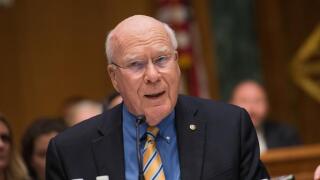
It has been suggested once or twice on these pages that the UK’s politicians don’t take intellectual property all that seriously.
The IP minister job operates as a revolving door, with incumbents rarely sticking around long enough to see any major projects through.
It’s also usually a junior ministerial brief, and it’s not clear how much thought any political heavyweights give to the direction or detail of UK IP policy.
What often happens instead is IP gets caught up in much bigger political storms.
Take, for example, Jacob Rees-Mogg’s bill that will make it easier for the government to abolish any EU-derived laws by the end of next year.
The bill will do away with EU-originating legislation in December 2023 unless the government decides to convert it into national law, either directly or in tweaked form.
We would wager IP was not front of mind for any of the politicians or advisers who crafted this latest effort to carve out an independent path for the UK after Brexit.
But its consequences on IP could be severe.
The government, now without Mogg, will need to carry out a mammoth review of all EU-derived law introduced since the UK joined the European Economic Community in 1973.
“The task is massive across IP, and herculean when you consider the sheer breadth of law to be reviewed in every area in a year,” Joel Smith, partner at Hogan Lovells in London, told Managing IP in October.
Brexit has already had massive ramifications for the UK IP sector.
The Unified Patent Court will open next year with the UK, formerly a leading proponent of the system, nowhere to be seen.
Stakeholders will likely shudder at the thought of any further disruption to the IP framework – indeed, some have described Rees-Mogg’s bill as a “recipe for disaster”.
It’s bad news for any IP professionals who hoped the worst of the Brexit-related uncertainty had come to an end.

















































